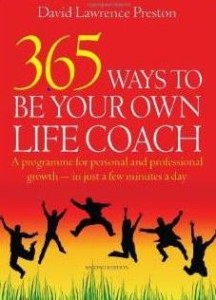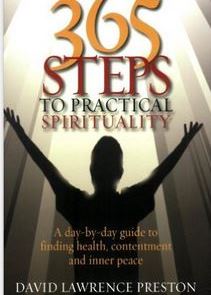‘Being emotionally intelligent means that you know what emotions you and others have, how strong they are, and what causes them. ‘Coming out’ emotionally is about being honest about your feelings, asking for what you want and above all learning to express yourself from the heart.’
Dr Claude Steiner
Two or three decades ago, it was widely believed that success in life was largely down to intellect. Psychologists devoted a great deal of effort to measure this, producing psychometric tests galore for measuring IQ (Intelligence Quotient). Then in the early 1990s, Daniel Goleman wrote a bestselling book that argued that the most successful people are not those with high intellect, but those who have EI – Emotional Intelligence.
He identified the five ‘domains’ of EQ as:
- Knowing your emotions.
- Managing your own emotions.
- Motivating yourself.
- Recognising and understanding other people’s emotions.
- Managing relationships, i.e., managing the emotions of others.
Emotions are problematic for many people. Humans are naturally more inclined to act emotionally than ‘logically’, but badly handled, they can cause no end of difficulties. People who are lacking in ’emotional intelligence’ – i.e. the ability to relate to and handle emotions (theirs and other people’s) – find most areas of life a struggle and have difficulty enjoying life to the full. And there is incontrovertible evidence that emotional disorders are responsible for most illness and that happy, positive people who acknowledge and express their emotions freely enjoy better than average health.
Emotions have a purpose
Emotions attempt to steer us towards what seems comfortable and away from anything which seems uncomfortable. That’s their job. But they are not always grounded in ‘reality’. They are born out of our perceptions of what is pleasurable and what could cause discomfort or pain. But what happens if our perceptions are misguided? For example, say you are facing a difficult situation, such as a job interview or examination. Your stomach is churning. You want to ‘bottle out’. If you do, you’ll avoid the uncomfortable feelings, but you may also be missing out on a golden opportunity. What should you do?
If the opportunity is attractive enough, you go ahead anyway, ignoring the feelings. You know the benefits will outweigh the dis-benefits in the longer term. If you went with your feelings, you would be the loser. There are times when it’s best to ‘feel the fear and do it anyway!’
Just because something feels wrong, it doesn’t necessarily follow that it is wrong. Similarly, just because something feels right, it doesn’t automatically follow that it is right.
Ignoring or suppressing emotions is dangerous. Discounting feelings in the short term in order to deal with a current situation is one thing, but ignoring or suppressing in the long term them is extremely dangerou and can result in serious physical and psychological illness. Good health demands facing up to uncomfortable or painful emotions, recognising them, working them through and resolving them.
Empathy versus sympathy
The ability to empathise with others is a vital skill for success and happiness. But empathy is not the same as sympathy. Empathy is the ability to see the other’s world as he or she sees it while remaining emotionally detached. Sympathy is feeling sorry for the person, and runs the danger of being sucked in and emotionally involved. Nobody helps another by taking on their emotional ‘stuff’, any more than you can help a person escape from a deep well by jumping in with them!
Know yourself
You cannot always prevent yourself from feeling an emotion, since you are human! But you can and must learn how to manage your emotions, and become ‘emotionally intelligent’. Self awareness is the first step.
Emotional Intelligence is a huge subject. But remember – EI (Emotional Intelligence) is much less fixed than IQ. It can develop over time and responds to research, training, coaching and feedback.
©Feeling Good All the Time, 11.5.2017
Follow us on Facebook and Twitter, @Feelinggoodatt
How to Books, 2010




